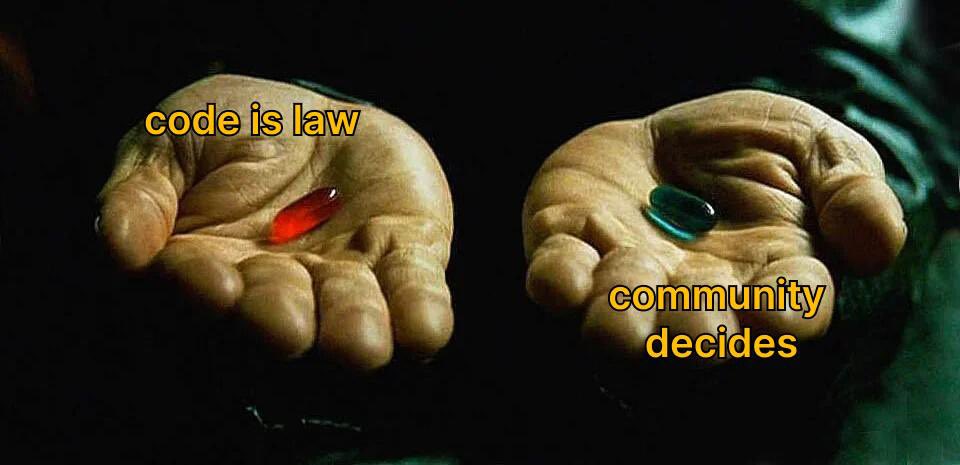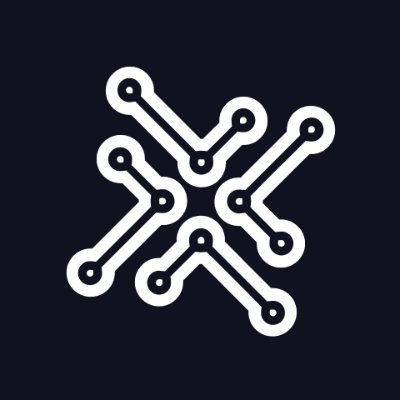What changed after The DAO hack? 🤔
In our previous post, we talked about The DAO hack — now let’s break down what happened next and how it changed Web3 forever. If you missed it, here’s a quick recap: in 2016, the first major earthquake in Web3 hit — The DAO was hacked. The attacker exploited a smart contract vulnerability and drained 3.6M ETH (~$60M at the time). But the real impact wasn’t just the theft — it was the aftermath. That’s when Ethereum realized decentralization isn’t just code 💁🏻♂️
Here’s what changed:
🗣️ The “social layer” was born
After the hack, Ethereum split: part of the community hard-forked to return the stolen funds — creating Ethereum (ETH), while the rest stayed on the original chain as Ethereum Classic (ETC). This was the first time blockchain history was shaped not by machines, but by people. From that moment, consensus meant not just code, but shared community values
📊 Web3 governance began
Before: “code is law”. After: “code is a tool, not a god.” The hack triggered a movement toward governance — discussions, votes, and legitimate changes through collective decisions. Without that shift, DAOs wouldn’t exist as they do today
🗃️ SEC stepped in
The U.S. regulator released a report: DAO tokens may be securities. This laid the groundwork for future regulation of ICOs, tokens, and DeFi
🧠 Smarter, safer coding practices
No more sloppy smart contracts. Developers began using kill-switches, multisigs, audits, and safer deployment processes. A new security culture was born — and we at XDAO are part of it, with every contract undergoing thorough audits to protect users
The DAO hack exposed a flaw in code — but more importantly, it exposed a flaw in thinking. That’s when the real Web3 era began 💡

4.82K
0
The content on this page is provided by third parties. Unless otherwise stated, OKX is not the author of the cited article(s) and does not claim any copyright in the materials. The content is provided for informational purposes only and does not represent the views of OKX. It is not intended to be an endorsement of any kind and should not be considered investment advice or a solicitation to buy or sell digital assets. To the extent generative AI is utilized to provide summaries or other information, such AI generated content may be inaccurate or inconsistent. Please read the linked article for more details and information. OKX is not responsible for content hosted on third party sites. Digital asset holdings, including stablecoins and NFTs, involve a high degree of risk and can fluctuate greatly. You should carefully consider whether trading or holding digital assets is suitable for you in light of your financial condition.

